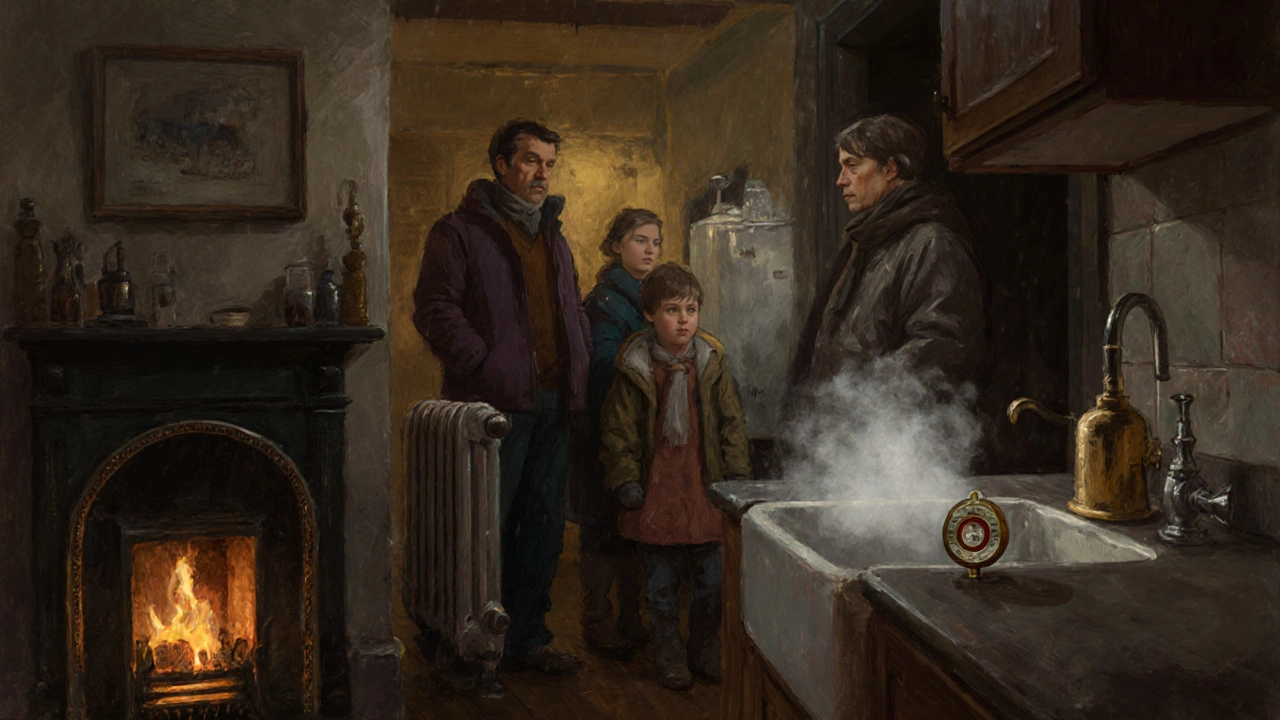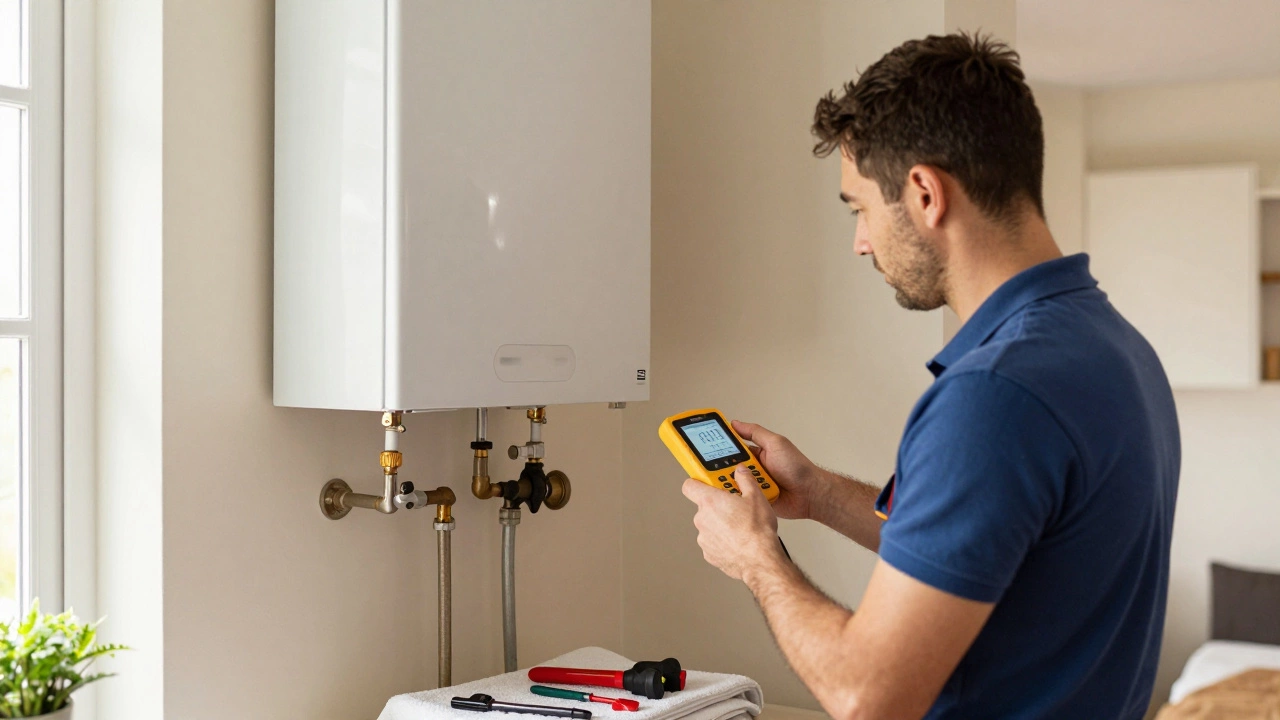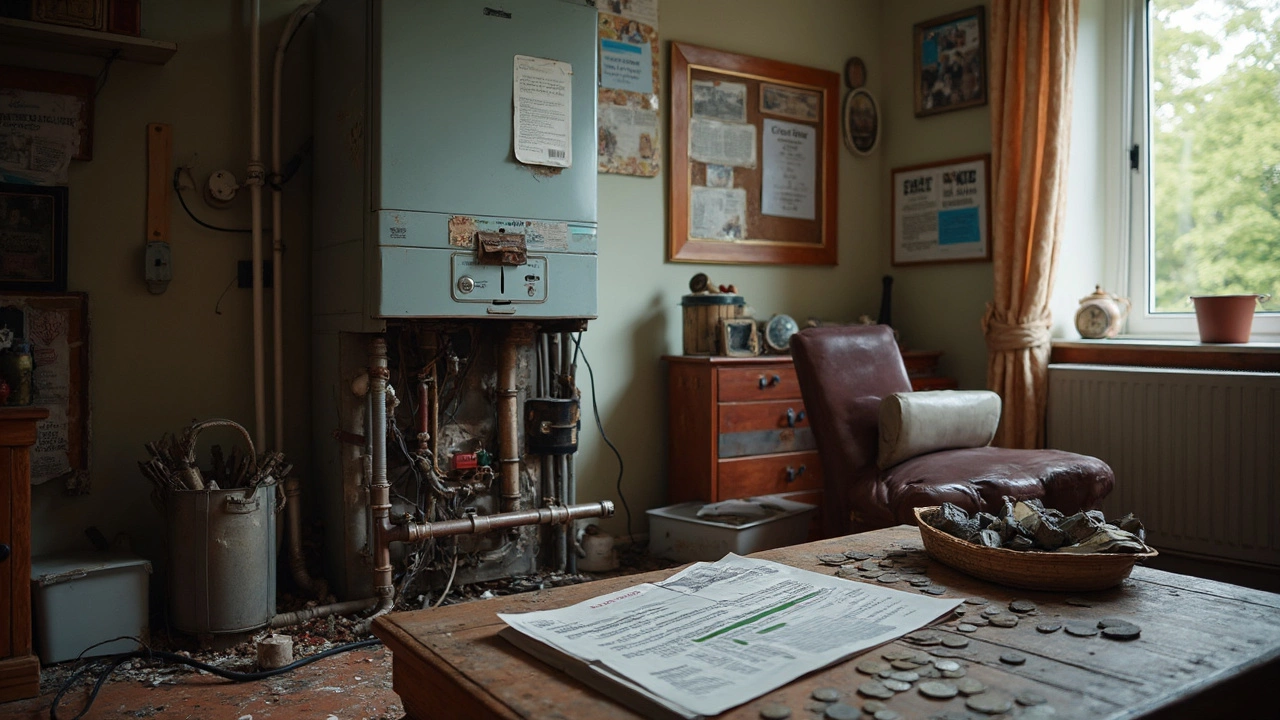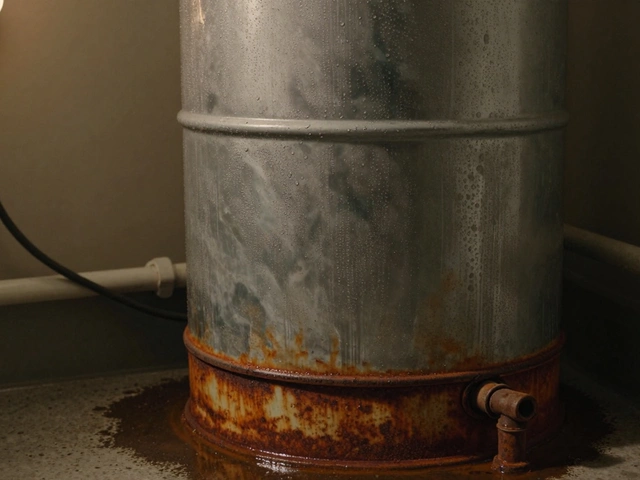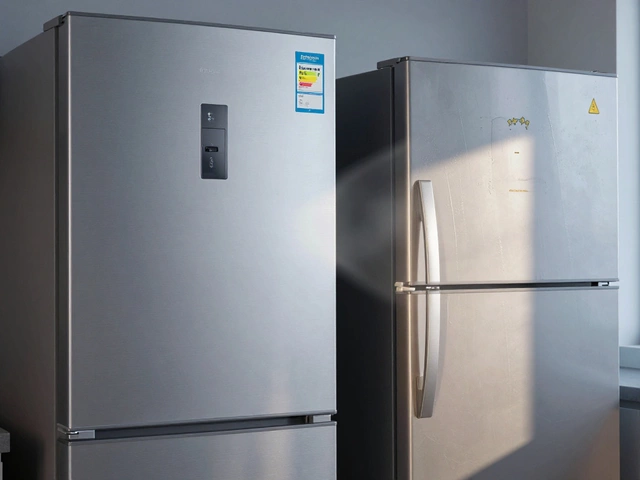Boiler Emergency Checker
Select all symptoms you're experiencing with your boiler:
Imagine waking up to a cold shower, a ticking sound from the utility room, and a faint smell of gas. Your Boiler is the central device that heats water and distributes warmth throughout your home. Is this a simple hiccup that can wait until the weekend, or is it a crisis that needs a 911‑style response?
Quick Take
- True emergencies involve no heat, gas leaks, or carbon‑monoxide risk.
- Listen for loud bangs, hissing, or a sudden loss of pressure.
- If you smell gas or see black soot, evacuate and call emergency services immediately.
- For most other issues, shut the boiler off, bleed radiators, and schedule a qualified Repair Technician.
- Regular maintenance cuts emergency calls by up to 70%.
What Actually Makes a Boiler Problem an Emergency?
Not every glitch qualifies as a red‑alert situation. An emergency usually meets at least one of these criteria:
- No heat or hot water at all. If the Heating System can’t deliver any warmth, occupants, especially kids and elders, can get sick quickly.
- Gas or fuel leaks. A whiff of natural gas, a hissing sound, or a sudden rise in the Pressure Relief Valve pressure gauge signals danger.
- Carbon‑monoxide risk. Any sign of incomplete combustion - yellow flames, soot, or a faulty Carbon Monoxide detector - means you could be breathing a silent killer.
- Water damage. A burst pipe from the boiler can flood basements, ruin flooring, and cause mould within days.
Common Signs of a Real Boiler Emergency
Here’s a cheat‑sheet of the most tell‑tale symptoms. If you spot any of them, treat the situation as urgent:
- Complete loss of heat or hot water.
- Strong gas odor or hissing sounds.
- Unusual noises - banging, clanking, or whistling.
- Steam or water leaking from the unit.
- Freeze‑over of radiators in winter.
- Carbon‑monoxide alarm going off.
When It’s Just a Repair Job
Not every cold morning means a catastrophe. Some problems are merely inconvenient:
- Thermostat settings accidentally turned down.
- Air in the radiators causing cold spots - a quick bleed usually solves it.
- Minor error codes on the digital display that reset after a power‑cycle.
- Low water pressure that can be topped up from the filling loop.
These issues typically don’t threaten safety, but delaying repair can let a small fault snowball into a big one.
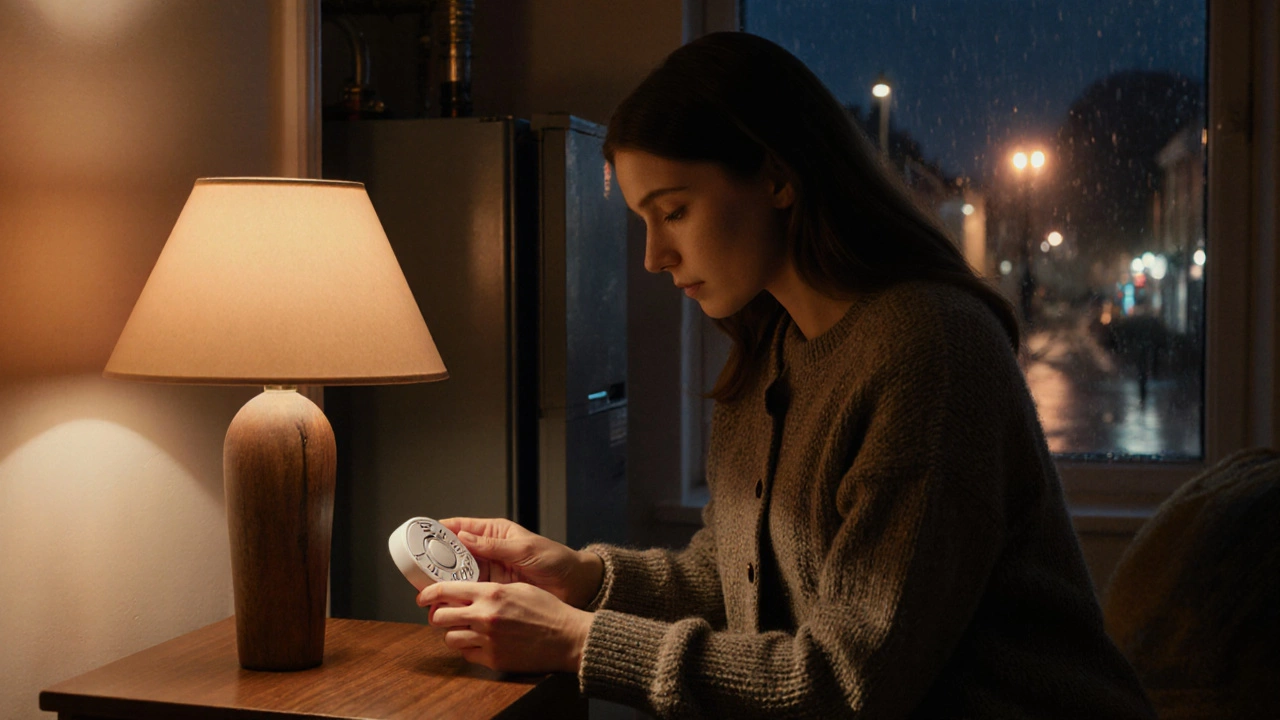
Immediate Steps to Take - No Matter the Situation
Even if you think it’s not a full‑blown emergency, there are safe first‑aid actions you can perform:
- Turn the boiler off at the main power switch.
- Close the gas supply valve if you smell gas.
- Open windows to ventilate any possible fumes.
- Check the Hot Water Supply temperature - if it’s cold, you’re likely facing a loss of heat.
- Call a qualified Repair Technician for a diagnosis. If you suspect gas or carbon‑monoxide, skip the call and dial emergency services.
When to Call Emergency Services vs. a Professional
Here’s a quick decision matrix to help you choose the right line:
| Situation | Immediate Action | Who to Call |
|---|---|---|
| Strong gas smell or hissing | Shut off gas, ventilate, evacuate | Emergency Services (999 in NZ) + Gas Supplier |
| Carbon‑monoxide alarm | Leave building, get fresh air | Emergency Services + Carbon Monoxide specialist |
| No heat, but no smell | Turn off boiler, check pressure gauge | Qualified Repair Technician |
| Leaking water, minor drip | Shut off water, place bucket | Repair Technician (schedule within 24‑48 hrs) |
| Strange noises, error code | Reset boiler, note code | Repair Technician (non‑urgent) |
Preventing Future Boiler Emergencies
Prevention beats panic every time. Adopt these habits:
- Schedule an annual service with a certified Repair Technician. A thorough check catches faulty seals, corrosion, and sensor drift.
- Test your Carbon Monoxide detectors monthly. Replace batteries every six months.
- Keep the boiler room clear of clutter - airflow is key to safe combustion.
- Know how to read the pressure gauge; ideal pressure is usually between 1 and 1.5 bar when cold.
- Consider a maintenance contract that includes priority response for emergencies.
Cost, Insurance, and What to Expect from a Professional
Worried about the bill? Here’s what typically shows up:
- Emergency call‑out: NZ$150‑$250, often higher outside business hours.
- Part replacement: Pressure relief valve NZ$80‑$120, gas valve NZ$150‑$200.
- Labour: Hourly rate NZ$90‑$130.
Many homeowner Insurance Policies cover boiler breakdowns if you have a comprehensive home cover. Always check the fine print - some policies only cover gas leaks or carbon‑monoxide incidents.
Bottom line: treat any hint of gas, carbon‑monoxide, or total loss of heat as an emergency. For everything else, a prompt call to a qualified technician will keep you warm without the panic.
Frequently Asked Questions
What should I do if I smell gas near my boiler?
Turn off the boiler and the main gas shut‑off valve, open windows for ventilation, and leave the house immediately. Call 111 (NZ emergency) or your gas supplier from a safe location.
Can a boiler that won’t fire up be fixed without a professional?
Sometimes a simple reset or topping up the water pressure solves the issue. However, if the fault persists, a certified Repair Technician should inspect it to avoid damaging components.
How often should I have my boiler serviced?
At least once a year, preferably before the heating season starts. Annual service catches wear‑and‑tear and keeps the warranty valid.
Is a boiler leak covered by home insurance?
Most comprehensive home policies cover water damage from a burst boiler, but you’ll need to provide a professional assessment and may pay a deductible.
What are the signs of carbon‑monoxide poisoning?
Headache, dizziness, nausea, and confusion are early symptoms. A sounding carbon‑monoxide alarm is the safest warning sign - evacuate immediately.
